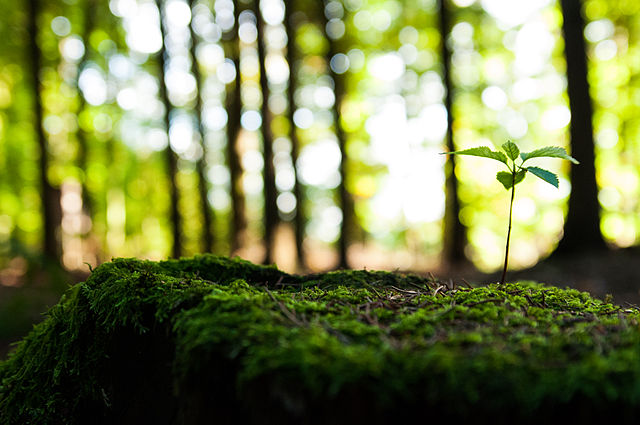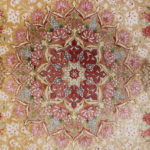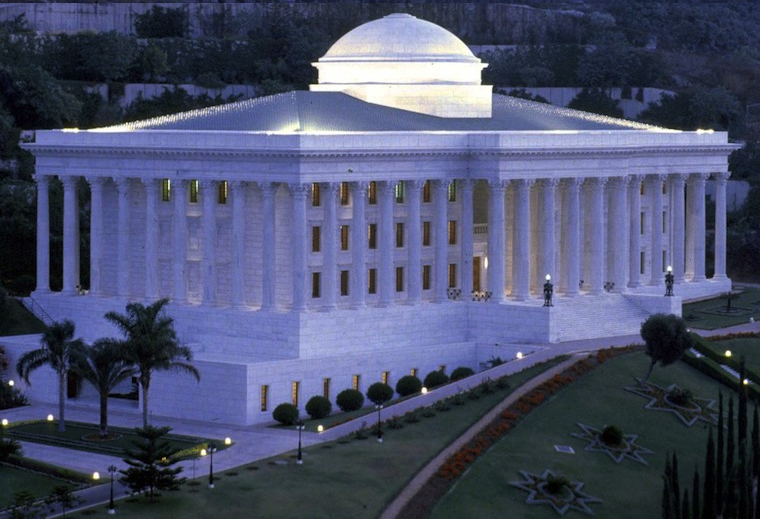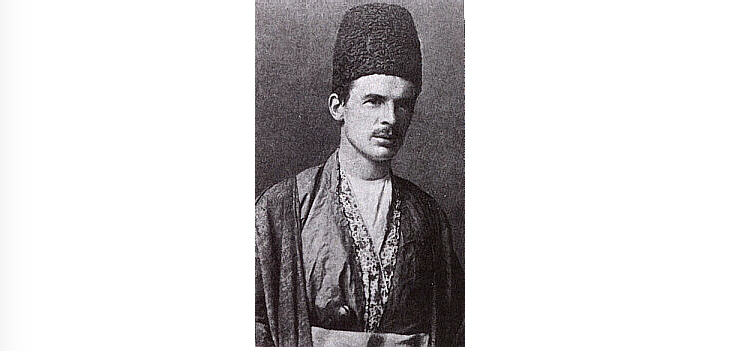
Detachment from the Material World

Bahá’u’lláh calls us to a spiritual life – but not an ascetic one. As discussed in a previous article, Bahá’u’lláh does not teach that the material world is inherently bad. It is the matrix within which our spiritual beings develop. And material reality speaks to us of the divine world. Yet, material existence is not the end goal of our lives. We are just passing through.
The generations that have gone on before you—whither are they fled? And those round whom in life circled the fairest and the loveliest of the land, where now are they? … Others erelong will lay hands on what ye possess, and enter into your habitations.[1]
We experience reality largely – though not entirely – through material senses — and these perceptions have a tendency to deceive us.
The world is but a show, vain and empty, a mere nothing, bearing the semblance of reality. Set not your affections upon it. Break not the bond that uniteth you with your Creator, and be not of those that have erred and strayed from His ways. Verily I say, the world is like the vapor in a desert, which the thirsty dreameth to be water and striveth after it with all his might, until when he cometh unto it, he findeth it to be mere illusion.[2]
Yet Bahá’u’lláh does not counsel a withdrawal from the world — or lack of interest in the welfare of our fellow human beings. Rather the opposite.[3]
It behoveth man to show forth that which will benefit mankind.[4]
Blessed and happy is he that ariseth to promote the best interests of the peoples and kindreds of the earth.[5]
Nor does Bahá’u’lláh desire that human beings not benefit from material well-being.
Should a man wish to adorn himself with the ornaments of the earth, to wear its apparels, or partake of the benefits it can bestow, no harm can befall him, if he alloweth nothing whatever to intervene between him and God, for God hath ordained every good thing, whether created in the heavens or in the earth, for such of His servants as truly believe in Him. Eat ye, O people, of the good things which God hath allowed you, and deprive not yourselves from His wondrous bounties. Render thanks and praise unto Him, and be of them that are truly thankful.[6]
Yet it is clear that we have a tendency to distraction, and in that distraction arises suffering for ourselves and others.
Delight not yourselves in the things of the world and its vain ornaments, neither set your hopes on them. … We exhort you with justice, and warn you with truth, that perchance ye may be awakened. Lay not on any soul a load which ye would not wish to be laid upon you, and desire not for anyone the things ye would not desire for yourselves. This is My best counsel unto you, did ye but observe it.[7]
Baha’u’llah draws our attention to the reality that from the day we are born we begin our journey from this world.
If ye be seekers after this life and the vanities thereof, ye should have sought them while ye were still enclosed in your mothers’ wombs, for at that time ye were continually approaching them, could ye but perceive it. Ye have, on the other hand, ever since ye were born and attained maturity, been all the while receding from the world and drawing closer to dust. Why, then, exhibit such greed in amassing the treasures of the earth, when your days are numbered and your chance is well-nigh lost?[8]
At the heart of the concept of detachment is a consciousness of the divine world and its call to us.
Close one eye and open the other. Close one to the world and all that is therein, and open the other to the hallowed beauty of the Beloved.[9]
O Friends! Abandon not the everlasting beauty for a beauty that must die, and set not your affections on this mortal world of dust.[10]
The following prayer expresses this orientation.
Create in me a pure heart, O my God, and renew a tranquil conscience within me, O my Hope! Through the spirit of power confirm Thou me in Thy Cause, O my Best-Beloved, and by the light of Thy glory reveal unto me Thy path, O Thou the Goal of my desire! Through the power of Thy transcendent might lift me up unto the heaven of Thy holiness, O Source of my being, and by the breezes of Thine eternity gladden me, O Thou Who art my God! Let Thine everlasting melodies breathe tranquility on me, O my Companion, and let the riches of Thine ancient countenance deliver me from all except Thee, O my Master, and let the tidings of the revelation of Thine incorruptible Essence bring me joy, O Thou Who art the most manifest of the manifest and the most hidden of the hidden! Bahá’u’lláh[11]
(This article is the 84th in a series of what I hope will be 200 articles in 200 days for the 200th anniversary of the birth of Bahá’u’lláh. The anniversary is being celebrated around the world on 21 and 22 October 2017, The articles are simply my personal reflections on Bahá’u’lláh’s life and work. Any errors or inadequacies in these articles are solely my responsibility.)







